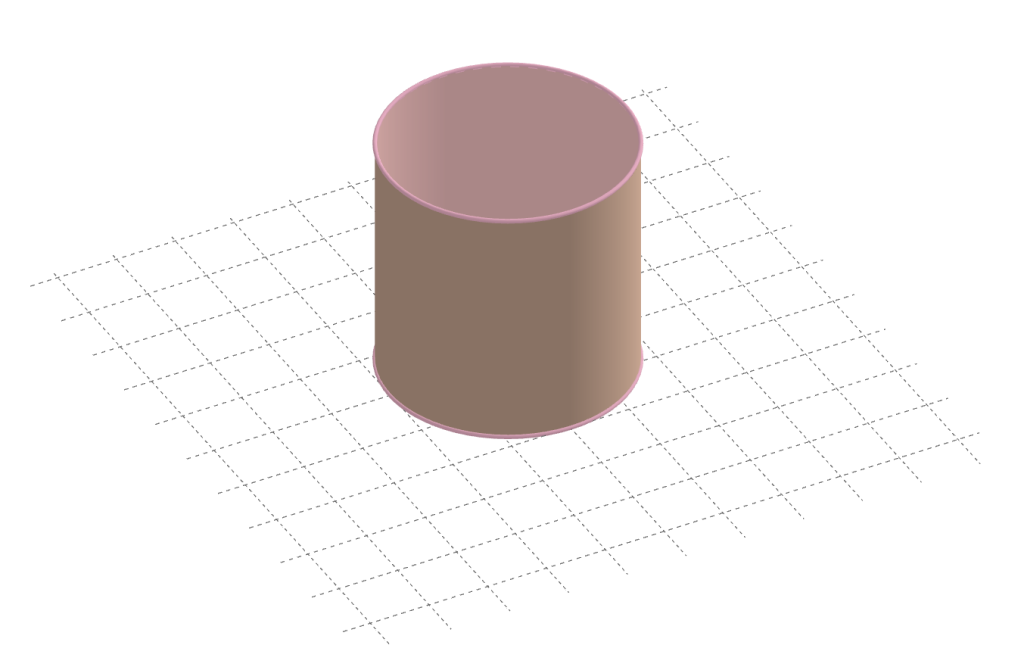Short answer: yes.
Some of the arguments on whether God is omnipotent asks questions that are inherently an impossibility. For instance, can God create a square circle? This is, at first glance, an unachievable task which would suggest that no, not even God can create square circles because if it’s a circle, it’s not a square, and vice-versa, which would then mean that God can’t do *everything* and thus, is not omnipotent. But is that really so?
Before I expand on this, I’d like to clarify that I’m not religious, at least not in the traditional sense of the word. Nonetheless, this is an interesting topic in and of itself that presents opportunities for some epistemological adventure, so let’s bring it to its conclusion. Let me begin by asking this simple question. What is the name of the object below?

I think we can all safely agree that it’s a Square. And what is the name of this object?

Here’s to hoping that you said Circle. So, we’ve established that the upper object is a Square and the lower is a Circle. Additionally, we’ve also established that God can’t create something that’s both of these because if it’s a Square, it’s not a Circle, and vice-versa. But here’s the kicker, these two objects are actually the one and the same. Here’s a more complete picture of how this object looks: (intentionally positioned lower for dramatic effects)
Ladies and Gentlemen, I give you this mysterious man-made object that’s a circle and also a square. Didn’t even need Divine Intervention.
You may feel as if you’ve been tricked, but rest assured, there’s no foul play here. This really is the same object (which I plotted by using the excellent Geogebra library) the difference only being on how you choose to see it.
Only the humblest among us realize that there is so much in this universe that we can’t observe, let alone comprehend. A mere 200 years ago, we didn’t even know what Infrared or X-Rays were. We had nary an inkling of the Electromagnetic cacophony that surrounded us and of all small subatomic particles that jiggled all around us at all times. We didn’t know that we could add two physical quantities and get the same result, i.e.,
Nor did we know that space is the same as time and that things do not quite take shape until we look at them.

Similarly, we don’t know how gravity works and whether it’s possible to compute everything and if P=NP. We don’t know what connects two entangled particles and what does it mean to *observe* things. Even today, we teach our children that electrons sometime behave as a particle and sometime as waves, but nothing could be more absurd than that. Electrons, at all times, behave as electrons. It’s just that we are too limited in our understanding to comprehend them as such and have to dumb it down by modelling them in some cases as particles, and in others, a wave.
So why do we then, in all our infinite ignorance, presume to think that things that appear paradoxical to us, are indeed actually paradoxical? A more reasonable and humbling realization seems to be that we don’t really know the extent of what goes on in the universe and are, thus, very ill-equipped to reason about what it even means to be omnipotent. Which is to say, we are not even qualified to ask such questions to begin with!
Let me conclude by revisiting another famous *paradox*.
If God exists and is benevolent, omniscient, and omnipotent, then evil shouldn’t exist. But evil exists, so either God is not benevolent, or not omniscient, or not omnipotent, or God doesn’t exist.
My answer to this question is rather simple. If God exists, his benevolence is not necessarily something we can reason about, nor his omniscience, nor his omnipotence. Simply put, God is something that, for me, is far beyond comprehension. And limited though my faculties are, I know just enough to not seek answers about questions that I don’t really understand.